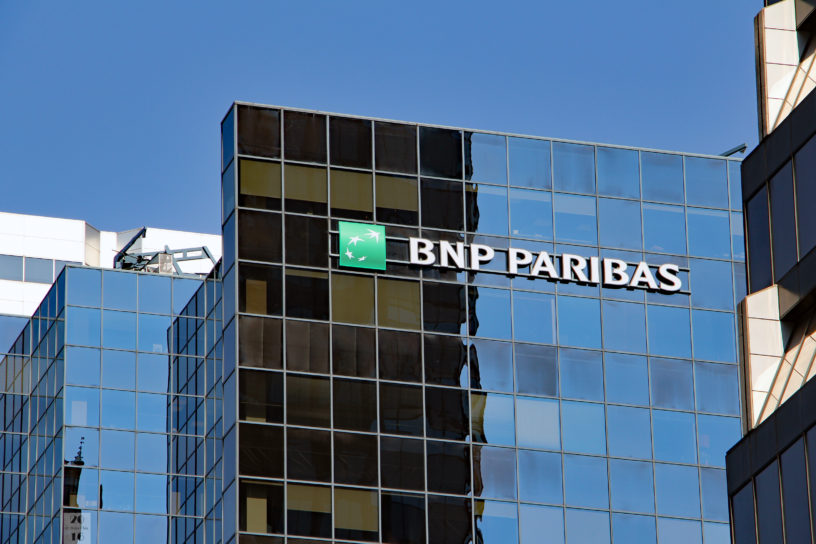By Dan Byrne for AMLi
FRENCH multinational bank BNP Paribas is facing a €2.5M fine over anti-money laundering failings, it was announced this week.
The penalty is specifically against one of the banking group’s subsidiaries Cardif – a life and casual insurance company, with recorded profits of €361M in 2020, on a €10BN turnover.
Cardif’s AML deficiencies were found to have existed in a number of areas, according to a 12-page assessment carried out by Autorité de contrôle prudentiel et de résolution (ACPR) – an arm of the Bank of France.
Those issue areas included:
- Failing to report certain life insurance clients whose payments didn’t correlate with their assets and relevant risk classification.
- Not carrying out enhanced due diligence in certain cases even though circumstances meant they were required.
- Failing to properly examine the origin of funds related to “complex transactions of an unusually large amount or appearing to have no economic justification or lawful purpose.”
ACPR examined multiple individual cases as evidence of each suspected AML failing. Even though its final report disregarded many of those cases as irrelevant, enough were generally accepted to uphold each complaint.
The fine is the latest in a series of penalties levied against insurance companies by ACPR, which is responsible for monitoring the banking and insurance industries in France. It may go further in signalling an era of tougher enforcement on French organisations that let AML fall to the wayside.
For BNP Paribas – now the world’s eighth-largest bank – the fine will likely be a further headache, albeit not one as big as the human rights violations case currently being made against it in the United States.
The bank is accused of financially facilitating the Sudanese government during the Darfur humanitarian crises of the 2000s.
Since the case began, the bank has tried to have it thrown out of court based on its claim that it was ‘too far removed from the conflict’ to bear responsibility. However, a New York judge rejected most of this request in February.
Share this on:
Follow us on:








